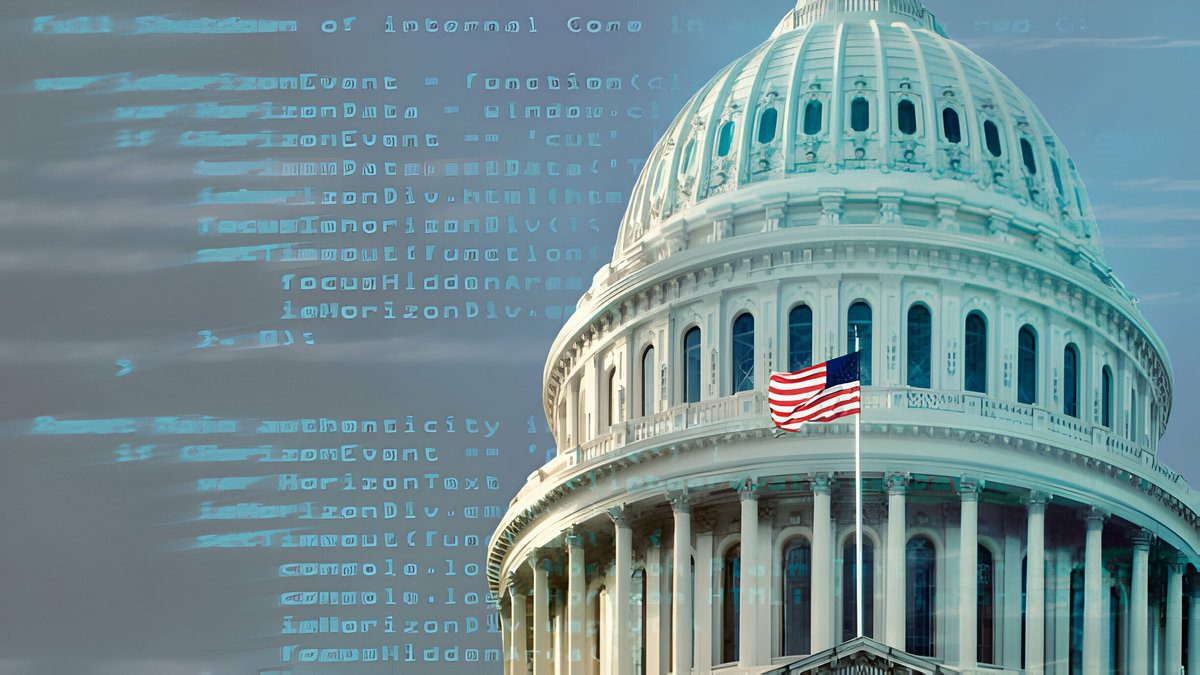New Era in Cryptocurrency Regulations: The world of cryptocurrency has long been a topic of intense debate, as it continues to evolve and disrupt traditional financial systems. As digital currencies gain popularity and adoption, governments around the globe are grappling with how to regulate this fast-growing sector. In a significant move, the Senate has taken the first step towards shaping the future Fidelity ETFs See Million-Dollar Outflows, Shaking the Market of cryptocurrency in the United States, marking the beginning of a new era in crypto regulations.
The Need for Regulation
Cryptocurrencies, such as Bitcoin, Ethereum, and countless altcoins, have garnered both enthusiasm and concern. While they offer exciting opportunities for financial inclusion, decentralized transactions, and technological innovation, they also pose challenges in terms of security, fraud prevention, and consumer protection. The lack of a clear regulatory framework has created uncertainty for businesses, investors, and users alike.
Over the years, various government agencies have taken steps to address these challenges. However, without a unified approach, the regulatory landscape has been fragmented, leaving room for ambiguity and inconsistency. This has created a pressing need for comprehensive legislation that can provide clarity and ensure that the crypto industry operates within a secure and regulated environment.
Key Provisions of the New Senate Proposal

The Senate’s new initiative to regulate cryptocurrencies aims to establish a clear and structured framework that balances innovation with safety. While the full details of the proposal are still being discussed, several key provisions have emerged that could reshape the industry:
- Consumer Protection: One of the primary goals of the new regulations is to protect consumers from fraud and financial harm. The proposal seeks to create safeguards that ensure transparency and accountability in cryptocurrency exchanges and transactions.
- Taxation and Reporting: The new rules are expected to introduce clear guidelines for the taxation of crypto assets. This includes reporting requirements for both individuals and businesses involved in cryptocurrency trading or investments, ensuring that tax obligations are met and reducing the risk of tax evasion.
- Anti-Money Laundering (AML) and Know Your Customer (KYC) Compliance: To prevent illegal activities such as money laundering and terrorist financing, the proposal would strengthen AML and KYC regulations. Cryptocurrency exchanges and service providers would be required to implement robust identity verification processes to ensure that users are not engaging in illicit activities.
- Stablecoins and Central Bank Digital Currencies (CBDCs): The proposal also addresses the growing interest in stablecoins and central bank digital currencies. It outlines a regulatory framework for these digital assets, ensuring that they are properly integrated into the broader financial system while maintaining stability and security.
- Innovation and Industry Growth: While the regulations aim to protect consumers and prevent illegal activities, they also emphasize the importance of fostering innovation within the crypto space. The Senate’s proposal seeks to strike a balance between regulation and allowing the industry to grow, ensuring that the U.S. remains a global leader in blockchain and cryptocurrency technology.
Industry Reactions
The announcement of the Senate’s proposal has sparked a variety of reactions from industry leaders, investors, and advocates. Some have welcomed the move, seeing it as a positive step toward legitimizing the cryptocurrency market and providing much-needed clarity. Others, however, have expressed concerns about overregulation stifling innovation and growth in the space.
Many cryptocurrency advocates argue that excessive regulation could drive businesses and investors to more crypto-friendly jurisdictions, potentially hindering the U.S.’s competitive edge in the global market. On the other hand, proponents of regulation believe that a well-structured framework will help reduce volatility, increase institutional adoption, and protect consumers from fraud.
What’s Next?
The Senate’s proposal is just the beginning of a lengthy process that will involve debates, amendments, and discussions among lawmakers, industry experts, and stakeholders. If passed, the regulations could have far-reaching implications for the cryptocurrency ecosystem, shaping the future of digital currencies and their role in the global economy.
As the crypto industry continues to grow and mature, the need for thoughtful, well-crafted regulations will only become more pressing. The Senate’s move signals a recognition of this need and a commitment to ensuring that the U.S. remains at New Era in Cryptocurrency Regulations the forefront of cryptocurrency innovation while safeguarding the interests of consumers and the broader financial system.
Conclusion
In the coming months, we can expect to see more details emerge as the regulatory framework takes shape. Whether these regulations will provide the stability and clarity needed for the crypto industry to thrive or create new challenges remains to be seen. However, one thing is certain: the Senate has initiated a new chapter in the history of cryptocurrency regulation, and the world will be watching closely New Era in Cryptocurrency Regulations as this important development unfolds.






